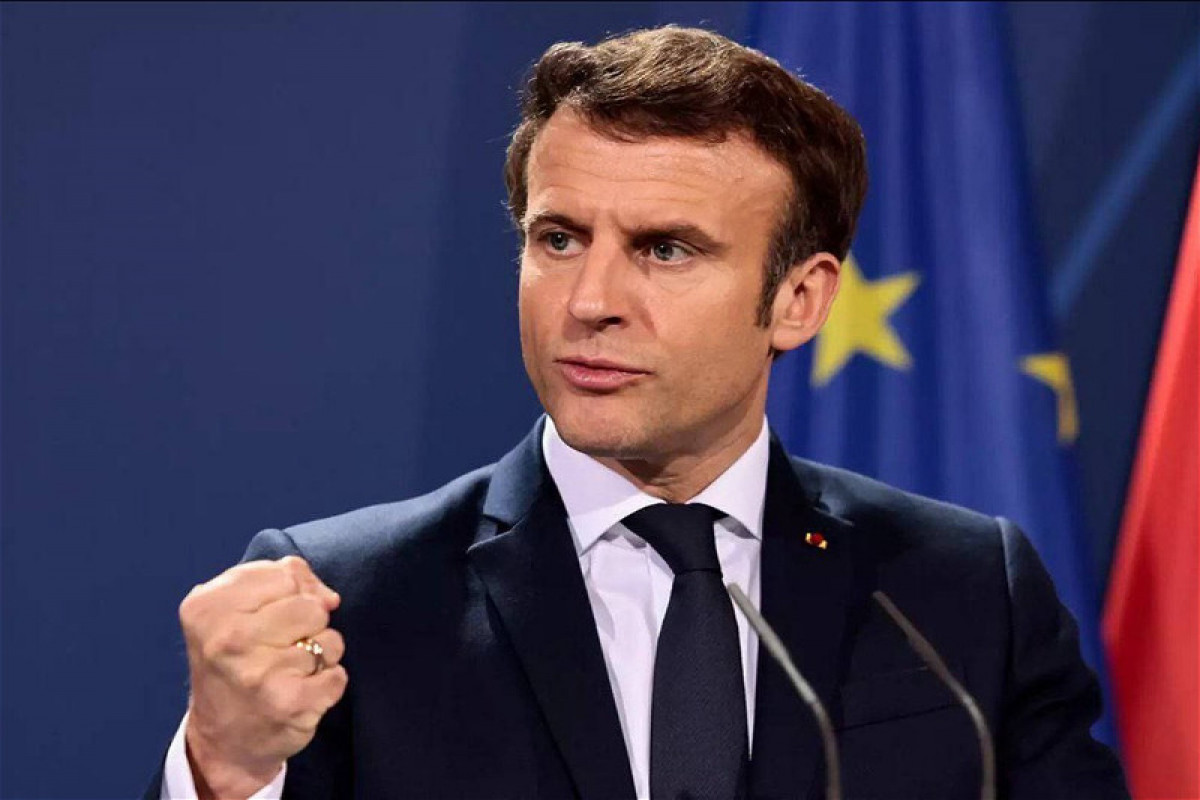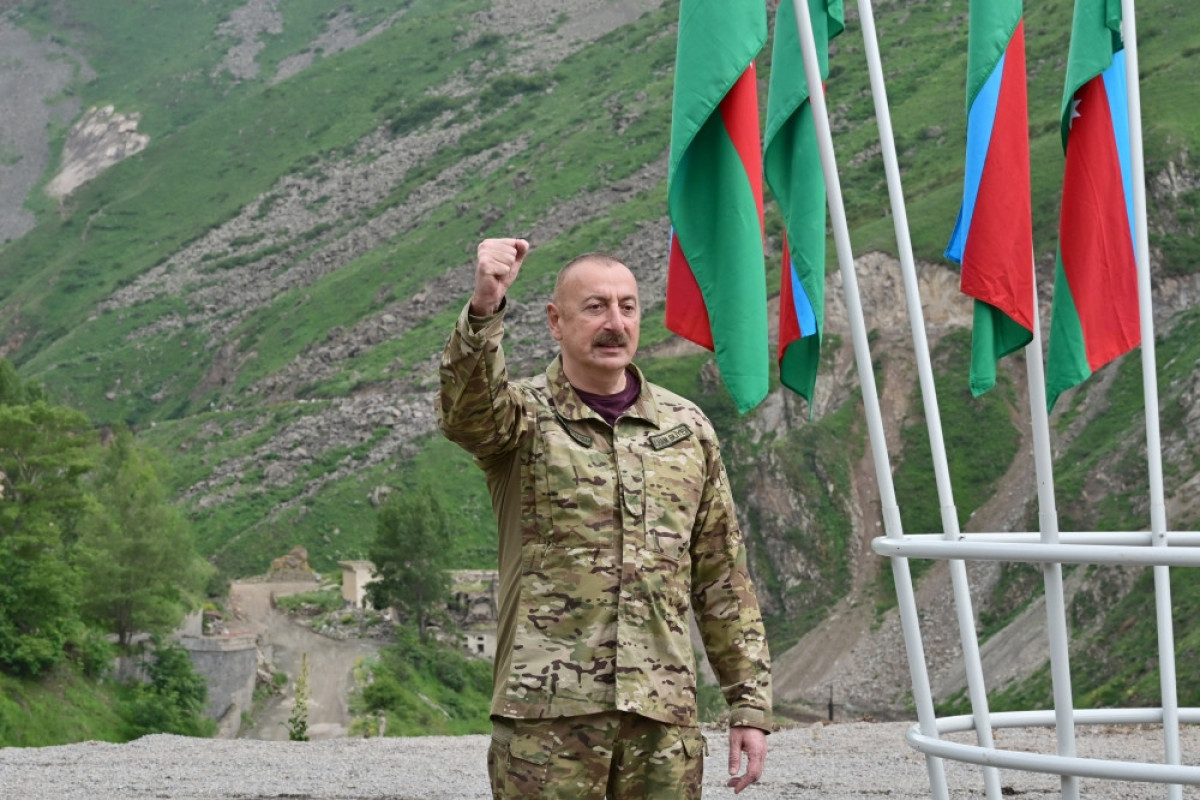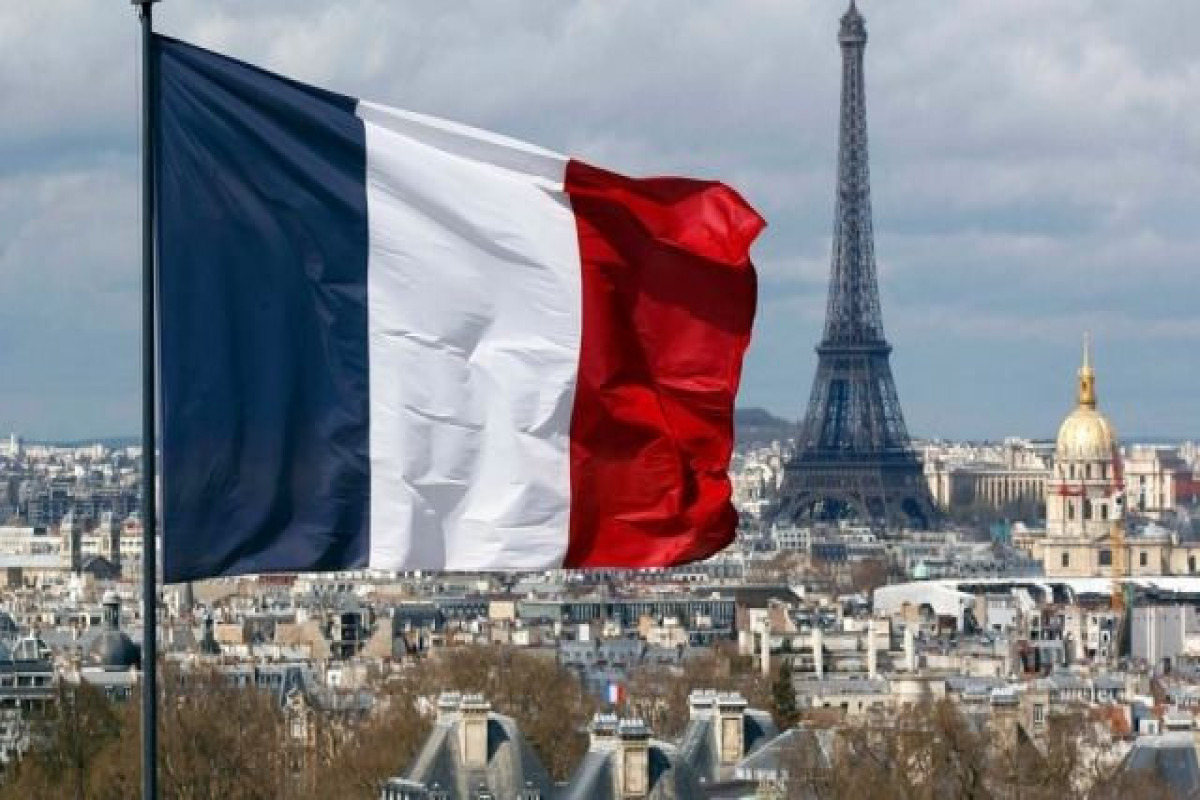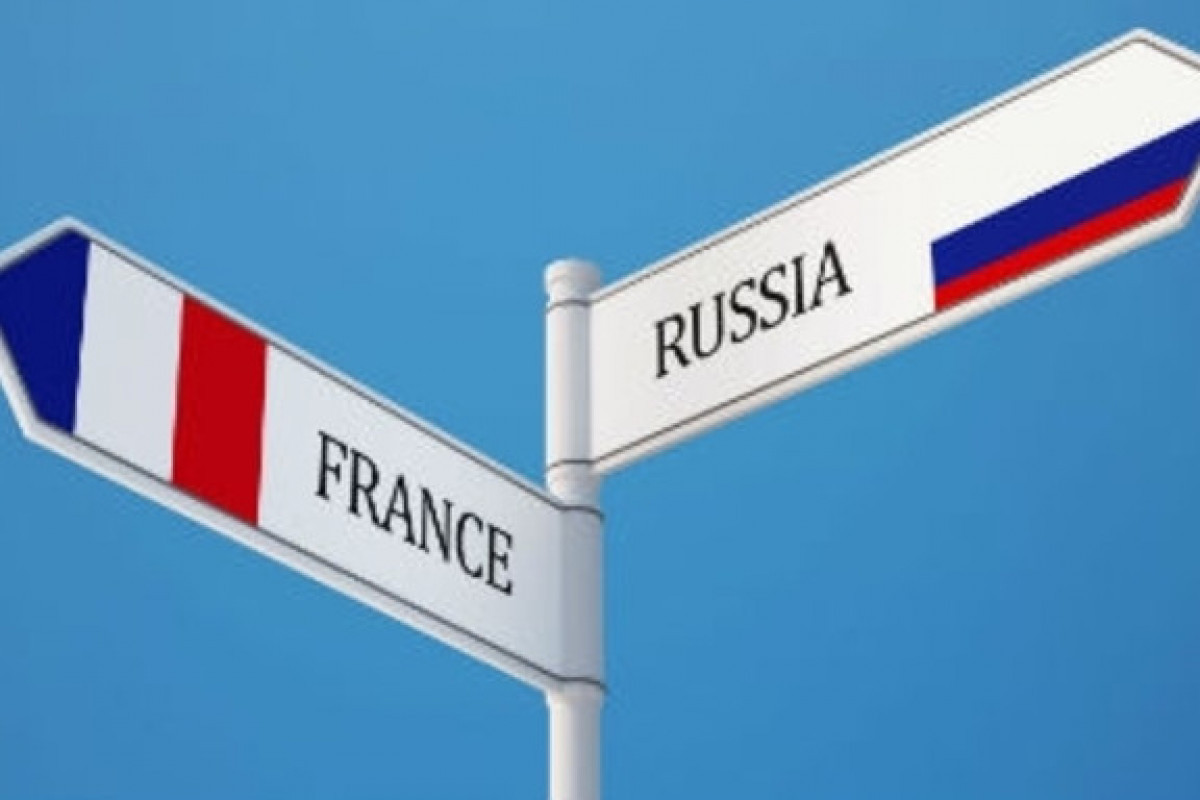Nevertheless, over the past years, France’s attitude toward the settlement of the Nagorno-Karabakh conflict remained unchanged. On the other hand, the signs of pro-Armenian bias are becoming visible again in Paris’s foreign policy. Politicians don’t avoid the influence of the Armenian lobby even after they come to power in France, and to gain the votes of Armenians, they give various promises which they are gradually trying to fulfill. The same thing was happening during the time ex-president Nicolas Sarkozy was in power. Nothing has changed in current president François Hollande’s policy, either.
It would be worth mentioning Nicolas Sarkozy’s visit to the South Caucasian region in 2011. The former president spent a whole day of his visit in Armenia, making a statement regarding the so-called genocide, laying a wreath at the memorial complex, visiting a museum, planting a tree in the memorial garden, and speaking to local media. Later on, he made a public speech in Georgia, making a statement on the territorial integrity of Georgia. But in a few hours’ visit to Azerbaijan, he did not do the same things. He neither held a press conference in Baku nor paid a visit to the Alley of Martyrs nor gave a message to Azerbaijani society. With such an attitude, Sarkozy demonstrated his support to the position of Armenia.
No significant changes are observed in President Francois Hollande’s attitude toward the Armenian-Azerbaijani conflict. Hollande, who was to demonstrate an equal attitude toward the conflicting parties, shouldn’t have encouraged Armenia, making a visit to Yeveran to attend the commemorative event of the 100th anniversary of the “Armenian genocide”. And to console the political elite and public of Azerbaijan because of his participation in the commemorative event in Yerevan, after a day, Hollande made a symbolic visit to Baku. That was not convincing, because France then took two more steps at the request of the Armenian lobby and Armenia.
A group of French MPs visited the occupied Khankandi district to observe the "parliamentary elections” in Nagorno-Karabakh. Moreover, leader of the separatist regime in Nagorno-Karabakh visited France and held several meetings there. Of course, Paris in response to Baku’s discontent can claim that MPs are independent and cannot be affected. However, among those who visited Nagorno-Karabakh there were MPs from Hollande’s party and the party leadership might have urged them to refuse to visit. Well, let’s say that the MPs willfully visited, and how did the separatist leader visit Paris? How was he granted a visa? The French Foreign Ministry could intervene in this matter, and refused to grant a visa to the separatist leader based on the fact that his visit to Paris would have impact on the negotiation process toward the settlement of the Nagorno-Karabakh conflict. Paris’ failure to do all this means that it neither respects the territorial integrity of Azerbaijan nor seek a fair resolution to the Nagorno-Karabakh.
Recall that Azerbaijan has already sent a note of protest to Paris.
The leader of the Nagorno-Karabakh separatists earlier visited the US. Washington, like Paris, also tends to the Armenian lobby. Washington and Paris support the territorial integrity of Ukraine in “words and deed’, and rightly imposed sanctions against the separatists in Donbass, froze their bank accounts, and canceled their visas. No American and French politicians or diplomats can think of inviting Donbass separatists’ leader to Washington and Paris. However, for some reason, the leader of the Nagorno-Karabakh separatists is an exception, which is an indicator of double standards by the US and France toward the principle of territorial integrity and settlement of conflicts.
Separatists are classified as "good" and "bad" by Washington and Paris. Unless this policy counties, it is pointless to wait for major changes in relations of the US and France with Azerbaijan, which they call a leading country in the South Caucasus. Though we are interested in cooperation with the West, an indifferent approach to the territorial integrity of Azerbaijan will be the main obstacle to the development of bilateral relations. And this is in favor of neither the West, nor Azerbaijan. It is only in favor of the Armenian lobby, Armenia and supporters of this occupying country. Similar double standards are also observed in the position of French companies, operating in Azerbaijan. Investment in the energy sector is regarded as one of the world's most efficient businesses and large companies undertake informal obligations before the countries they invested in. As for Azerbaijan, this obligation is firstly defending the position of Baku in the settlement process of the Nagorno-Karabakh conflict. Transnational corporations may influence their countries’ political elite, Azerbaijan takes into account these possibilities while determining its energy partners. This practice was accepted in the world and transnational corporations, provided with job opportunities in Azerbaijan, have the right to use opportunities for lobbying. However, contrary to expectations, Azerbaijan didn’t face such an attitude from French companies, firstly from "Total" earning billions of dollars and paying a large amount taxes to the French budget. These companies forget the fact that Azerbaijan can change its energy partners at any time and limit their participation in global projects basing only on the above-mentioned reasons. Let France calculate how much damage it will cause to its budget and companies…
Elkhan Sahinoglu, Director of the Atlas Research Center






 ANALYSIS'>
ANALYSIS'>